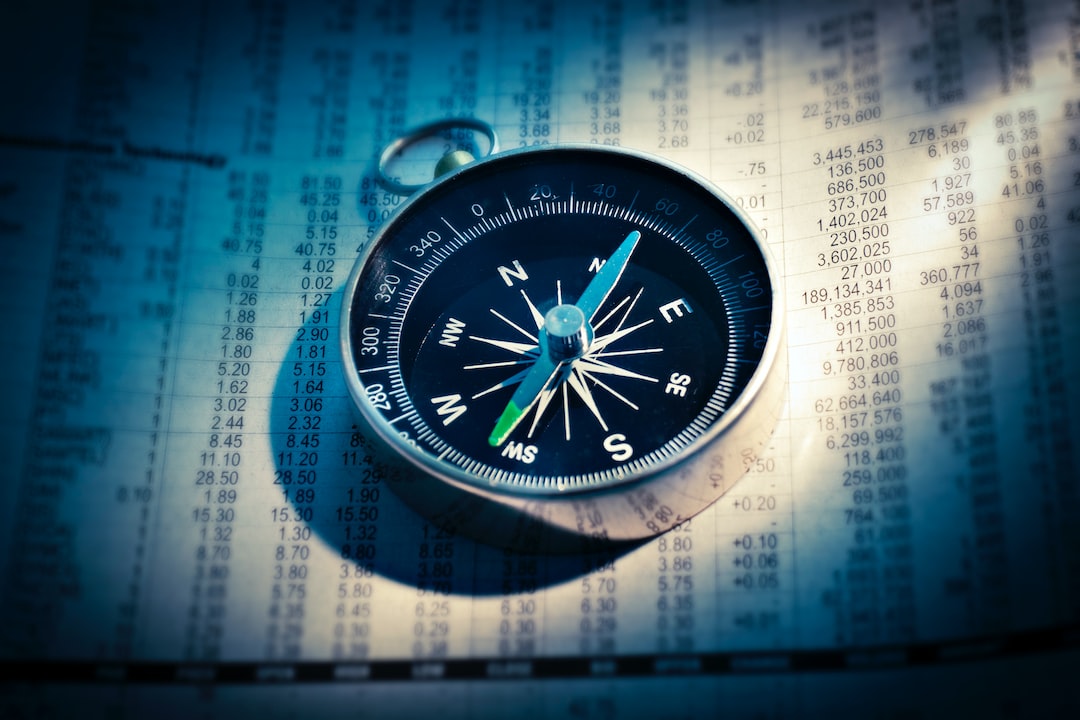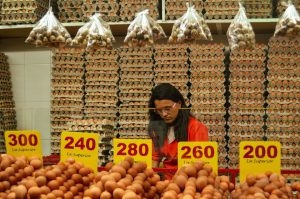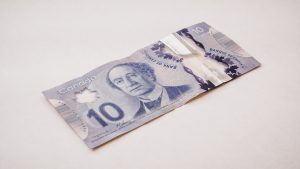Forex trading involves taking advantage of the fluctuations in the exchange rates of various currency pairs. In order to maximize profits, traders often use leverage, which is the ability to control a large amount of money with a small deposit. Choosing the right leverage in forex is crucial because it can determine the amount of risk involved in trading. In this article, we will explore the different types of leverage available in the forex market and how to choose the right one for your trading strategy.
What is leverage?
Leverage, in forex trading, is the use of borrowed capital to increase the potential return on investment. It is a tool that allows traders to control a large amount of money with a small deposit. For example, if a trader has a leverage of 1:100, it means that for every $1 deposited, the trader can control $100 in the market.
Leverage is a double-edged sword because while it can magnify profits, it can also magnify losses. This is why choosing the right leverage is crucial in forex trading.
Types of leverage
There are different types of leverage available in the forex market. These include:
1. Fixed leverage: This is a type of leverage that remains constant regardless of the size of the trade or the account balance. For example, a broker may offer a fixed leverage of 1:50 or 1:100.
2. Variable leverage: This type of leverage varies depending on the size of the trade or the account balance. For example, a broker may offer a variable leverage of 1:50 for trades below $10,000 and 1:100 for trades above $10,000.
3. Margin-based leverage: This is a type of leverage that is based on the margin required to open a position. For example, if the margin required to open a position is 2%, the leverage would be 1:50.
How to choose the right leverage
Choosing the right leverage in forex is crucial because it can determine the amount of risk involved in trading. Here are some factors to consider when choosing the right leverage:
1. Risk tolerance: Every trader has a different risk tolerance level. If you are a conservative trader, you may want to choose a lower leverage to minimize the risk of losing money. On the other hand, if you are an aggressive trader, you may want to choose a higher leverage to maximize your profits.
2. Account size: The size of your trading account can also determine the leverage you choose. If you have a small trading account, you may want to choose a higher leverage to increase your trading power. However, if you have a large trading account, you may want to choose a lower leverage to minimize the risk of losing money.
3. Trading strategy: Your trading strategy can also determine the leverage you choose. If your strategy involves taking small profits on a large number of trades, you may want to choose a higher leverage to increase your trading power. However, if your strategy involves taking large profits on a small number of trades, you may want to choose a lower leverage to minimize the risk of losing money.
4. Market volatility: The volatility of the market can also determine the leverage you choose. If the market is highly volatile, you may want to choose a lower leverage to minimize the risk of losing money. On the other hand, if the market is less volatile, you may want to choose a higher leverage to maximize your profits.
Conclusion
Choosing the right leverage in forex is crucial because it can determine the amount of risk involved in trading. There are different types of leverage available in the forex market, including fixed leverage, variable leverage, and margin-based leverage. When choosing the right leverage, traders need to consider their risk tolerance, account size, trading strategy, and market volatility. By choosing the right leverage, traders can maximize their profits while minimizing the risk of losing money.





